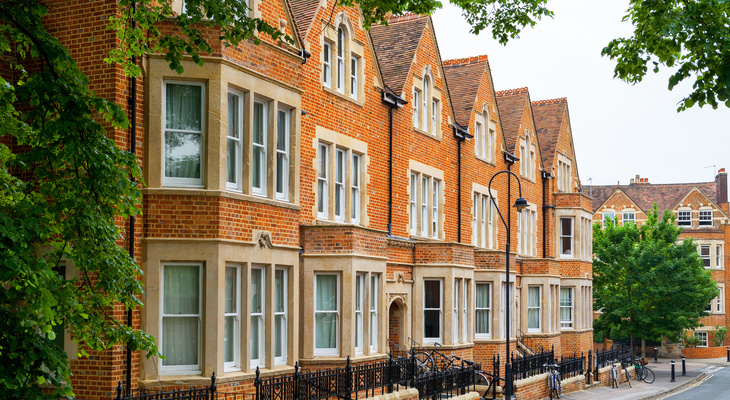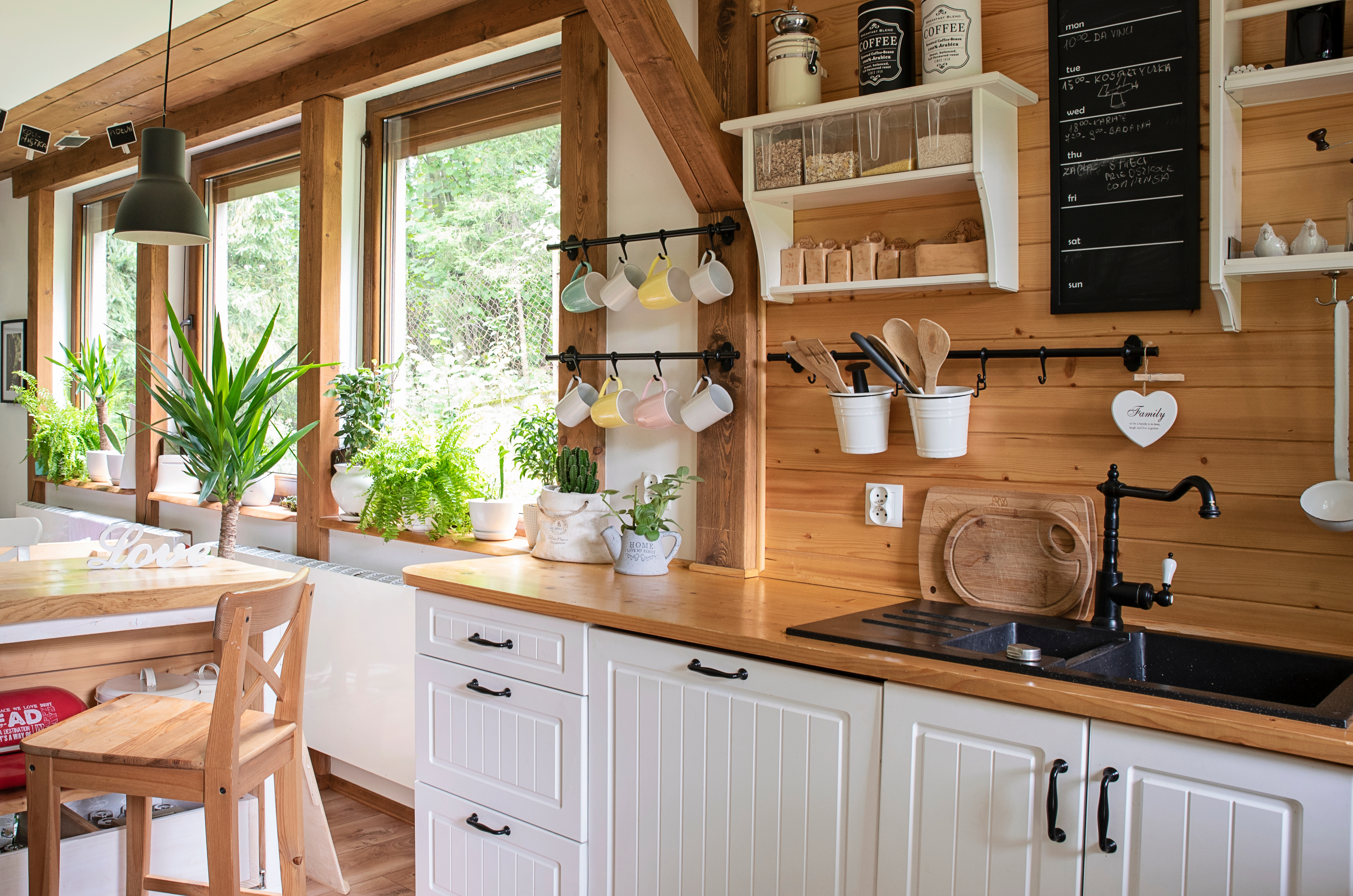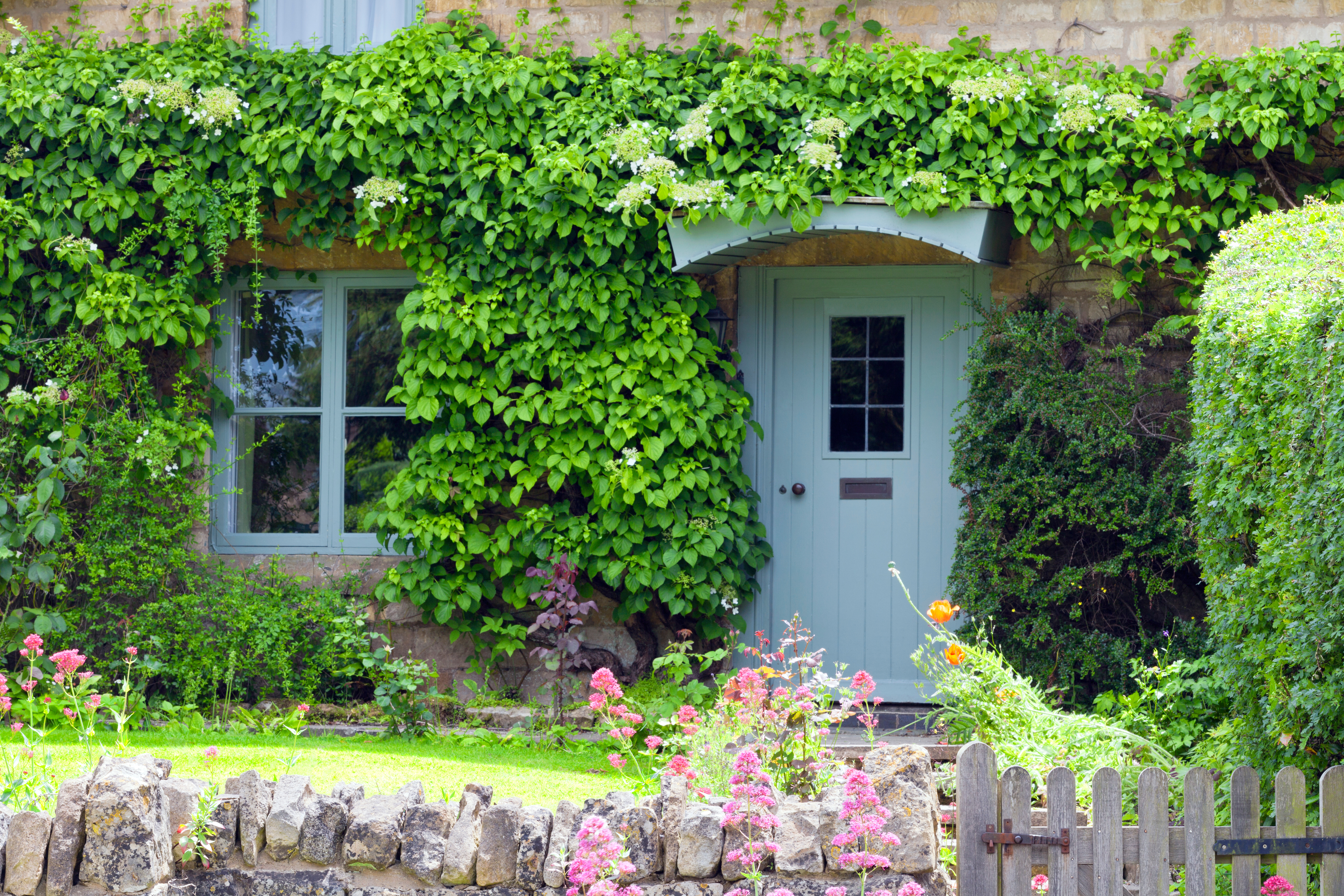What is a reverse mortgage?
Posted on: Thursday, March 14, 2024

If you have paid off most or all of your mortgage, being a homeowner affords you more choices when it comes to funding your retirement. An ageing population contending with rising retirement costs is driving growth in the market for equity release schemes. One such scheme, that allows you to release equity from your home while you're still living in it, is a reverse mortgage, also called a lifetime mortgage.
How do reverse mortgages work?
Unlike a conventional mortgage, which you pay monthly, increasing the equity in your home, a reverse mortgage releases equity, increasing the amount you owe. There is no agreed-upon term when you take out a reverse mortgage; the equity you release is paid back if you sell your property or pass away. In the UK, borrowers need to be aged 55 to apply for a reverse mortgage, although some lenders may specify an age of 62. You can borrow between 8% and 70% of the equity in your home as long as it’s worth a minimum of £70,000 to £75,000.

Types of reverse mortgages
Drawdown
This allows you to borrow a lump sum and differing amounts as and when you need to.
Lump sum
Just as the name suggests, equity is withdrawn in one lump sum.
Enhanced
Typically, this type of scheme allows you to withdraw a larger amount of equity because of factors affecting your health and life expectancy.
Selling a home with a reverse mortgage
There is nothing to stop you from selling your home if you have already taken out a reverse mortgage on your property. If you do not like the idea of being in debt or releasing equity from your home, you can simply sell up just as you would any other time. An expert agent will be able to value your property accurately, allowing you to move, settle any debts, and budget for your future plans.

Advantages of a reverse mortgage
What you do with the equity you release is totally up to you. You could use the funds to buy another property. You may have more than one reason, such as helping your family get on the property ladder and enjoying your retirement. Any funds you release are tax-free, and you can still sell up and move home if that’s what you decide to do.
Disadvantages of a reverse mortgage
Higher interest rates and fees, compared with conventional mortgages, and the potentially long period during which interest is charged, mean reverse mortgages can be costly. If you use the equity in your home to help your son or daughter buy their first home, they may, at some point in the future, pay inheritance tax. The inheritance you are planning on leaving to loved ones also needs careful consideration, as this will be affected if you take out a reverse mortgage.
Downsizing may be a better alternative to a reverse mortgage
Many homeowners choose to downsize to a more affordable, compact, and energy-efficient home later in life. It can feel sad to leave a special place full of wonderful memories. When the family has flocked the nest and you find that you have too many rooms, downsizing makes a lot of sense. Buying a smaller home can leave you with more money for your retirement. Not to mention the cheaper running costs of an easier-to-maintain property, and you will gain instead of paying interest if you invest, save, or buy another property with the funds you have left over.
Contact us
Are you thinking about moving? Contact your local Guild Member today.

Read What Our
Customers Say

How Much is Your Property Worth?
To find out how much your property is worth in the current market, get in touch with us today!
Book a Valuation